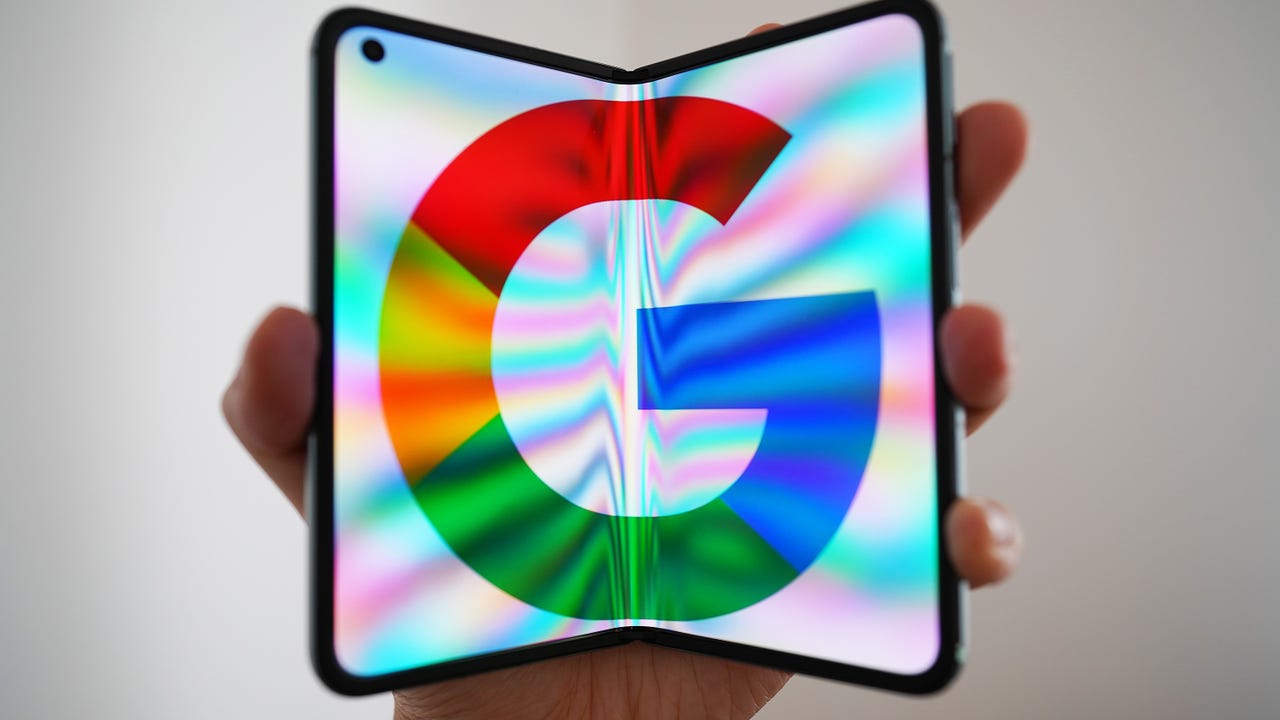Google is deleting millions of users' search data from Incognito mode. Here's why it matters

You open Chrome and then decide you don't want anyone tracking your personal information or traffic. You're not doing anything wrong, you consider privacy an important factor in your life. To that end, go to an Incognito window and assume no data is being saved. Wrong.
Also: These 6 Google Docs add-ons level up my daily productivity - and they're all free
Google has been collecting information from Incognito sessions and it took a lawsuit to get the company to back off. The lawsuit accuses Google of tracking users' activity from Incognito mode, which is there to prevent that very thing.
According to this piece from NPR, lawyers who represented the consumers suing Google (Case 4:20-cv-03664-YGR) cited internal emails from employees complaining to management that Incognito mode wasn't living up to its claim of privacy. One Google engineer even stated in 2018, "We need to stop calling it incognito and stop using a Spy Guy icon."
The amended filing includes this, "Since June 1, 2016 (the "Class Period"), Google has represented that users are "in control of what information [they] share with Google," meaning that they have the power to limit what data Google tracks, collects, and shares with third parties. Google has represented that one way for users to exercise this "control" is by setting their web-browsing software (used to connect to websites) to "private browsing mode."
It follows, "Google's representations were and are false. Throughout the Class Period, Google unlawfully intercepted users' private browsing communications to collect personal and sensitive information concerning millions of Americans, without disclosure or consent."
Also: Google just launched a faster, more efficient Chrome browser for Windows, but there's a catch
It looks as though the practice has been going on since the inception of Incognito mode. And given that millions of users take advantage of Incognito mode, that's a lot of saved data.
Fortunately, Google is reportedly deleting that information. The settlement from the lawsuit requires Google to delete billions of personal records and improve privacy disclosures about Chrome's Incognito mode when activated.
As of this writing, Google has not changed the language that appears when Incognito mode is enabled. It still claims to not save your browsing history, cookies and site data, and information entered in forms.
